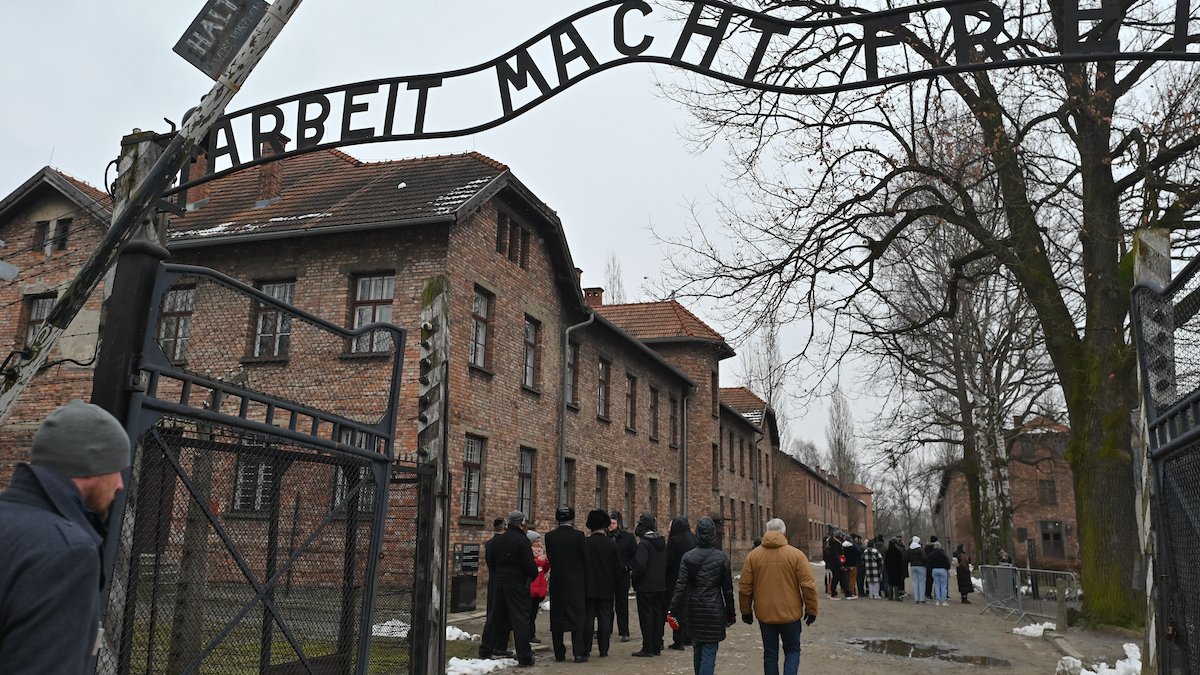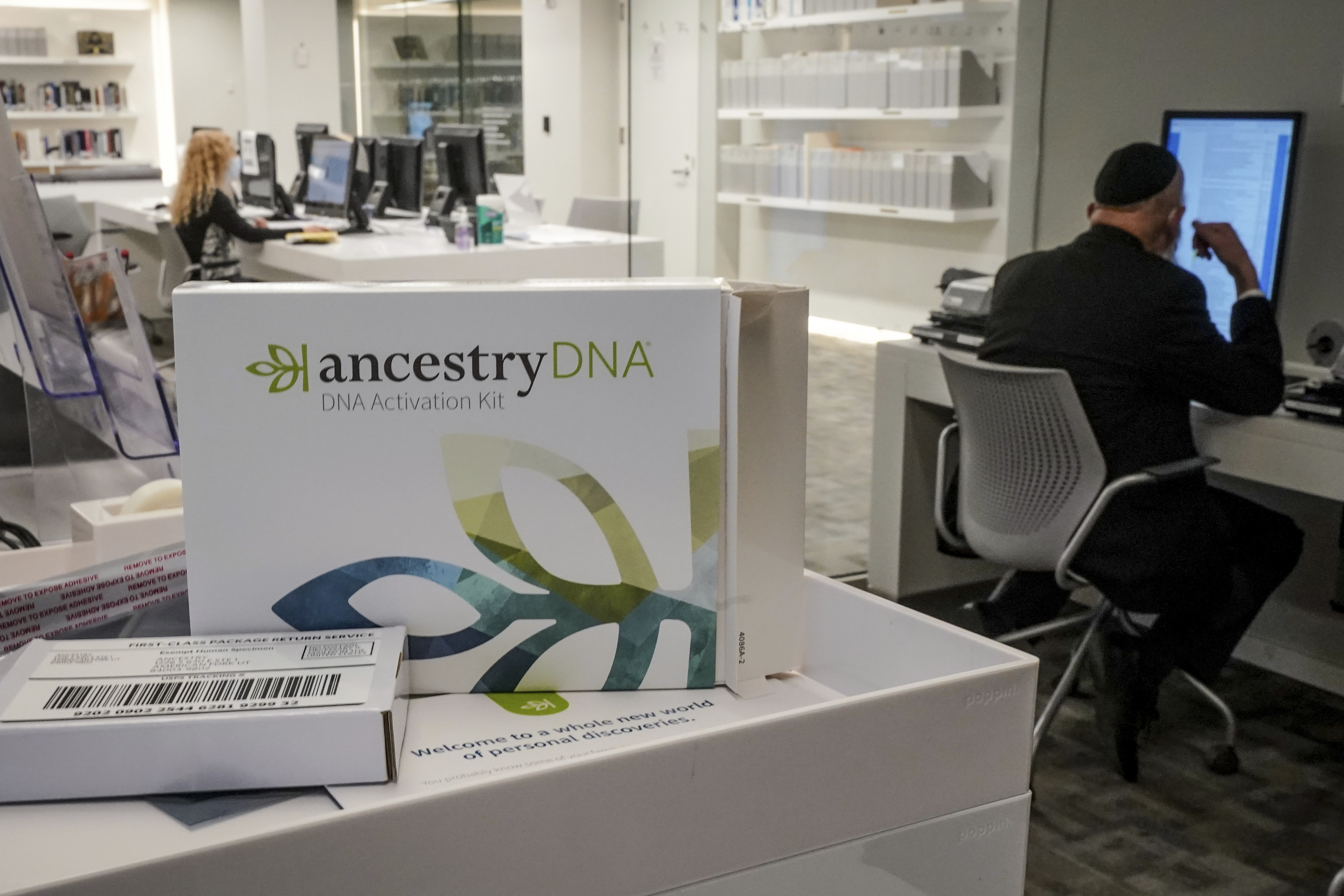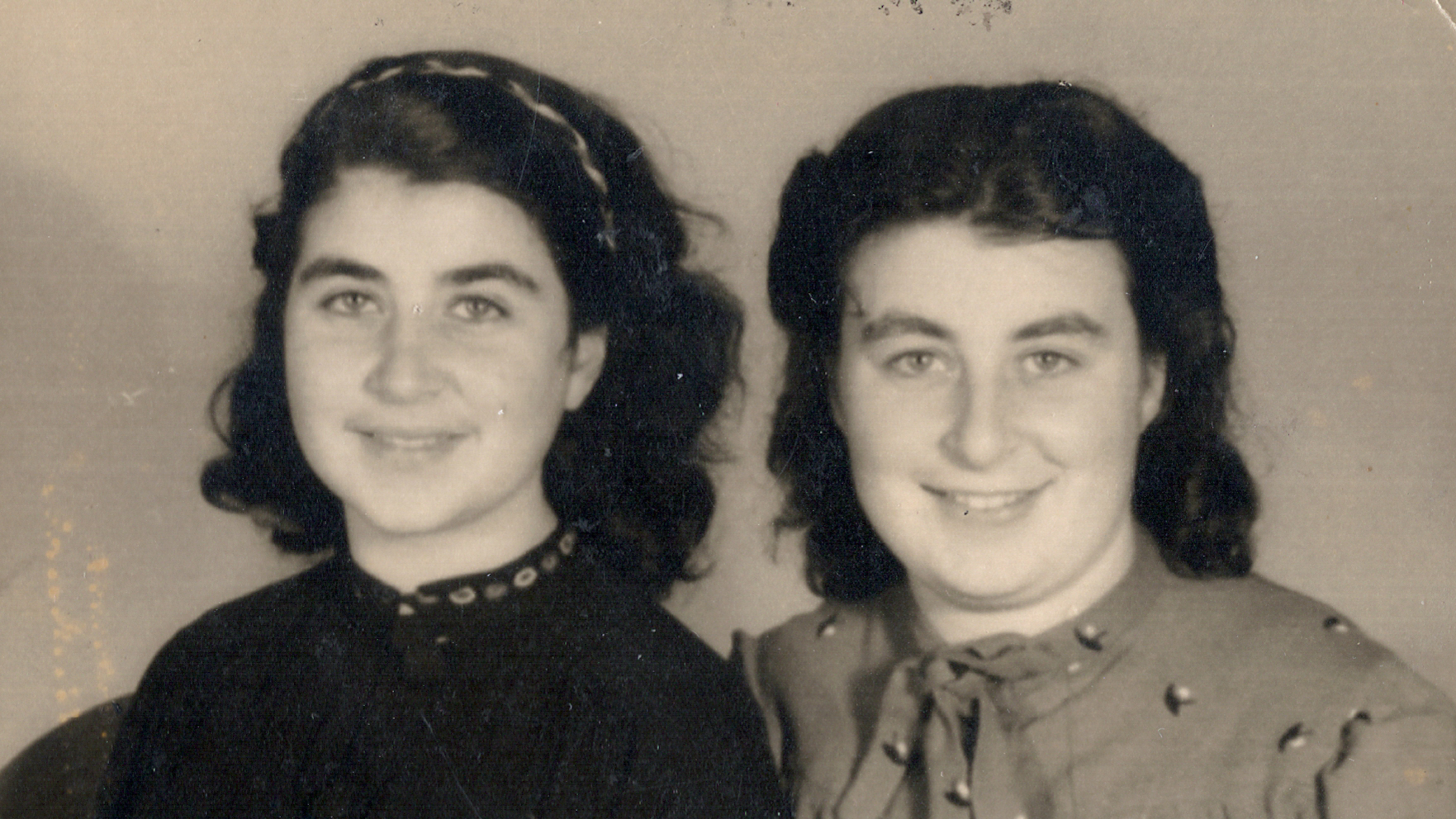Friday marks Holocaust Remembrance Day, and this year work is underway to open a Boston Holocaust Museum by 2025.
Around 6 million European Jews were killed in the Holocaust. Tens of millions of people were killed in World War II, which lasted from 1939 to 1945.
A key part of the experience will be that museum-goers will be able to ask direct questions to a hologram-type image of a Holocaust survivor. The recording sessions for "Dimensions in Testimony," an interactive biography using innovative technology to let people ask questions of survivors even after they've perished, are underway this week in Miami.
Holocaust survivor David Schaecter, now 93, was asked one thousand questions to keep his story alive for future generations.
Get Boston local news, weather forecasts, lifestyle and entertainment stories to your inbox. Sign up for NBC Boston’s newsletters.
"We're going to be living in a world without survivors. And that direct connection between a survivor and a student, that human connection that forms in a natural conversation is something that the world is going to be missing," explained Ryan Fenton-Strauss, director of media services at the USC Shoah Foundation.
"Children need to know history and children need to know that there's so much ugliness that exists," Schaecter said.
"They need to know that what they hear is so unbelievably real. And they need to take it to heart. "
Schaecter was born in Czechoslovakia. He was in Auschwitz and three other concentration camps - the only one of his extended family of about 100 to survive the war.
"This is what I think I was destined to do," he said.
"This is not an easy task that we're asking David to go through. He’s going to relive his experiences," Fenton-Strauss said. "The goal is to get out every detail, and then we break that down into very specific questions so that later on, when somebody is able to ask a question, they can get a very specific response. So it feels like an organic conversation."
"I want these children to become my mouthpiece. I want them to tell a story that they heard. Me telling them. When I'm no longer. And that's my purpose," Schaecter said.
Boston Holocaust Museum co-founders Jody Kipnis and Tood Ruderman traveled to Poland with Schaecter five years ago. They were deeply moved and inspired by his interactions with students. That connection led to this project.
The museum is expected to be built along the Freedom Trail on Tremont Street. They're aiming for an opening date in October 2025.
Keeping stories of the Holocaust alive are more important than ever as authorities report an uptick in antisemitic incidents. In this year's annual audit of antisemitic incidents by the Anti-Defamation League, they found a 34% increase in reports of assaults, harassment and vandalism against Jewish people in 2021, and a 42% increase specifically in New England.




